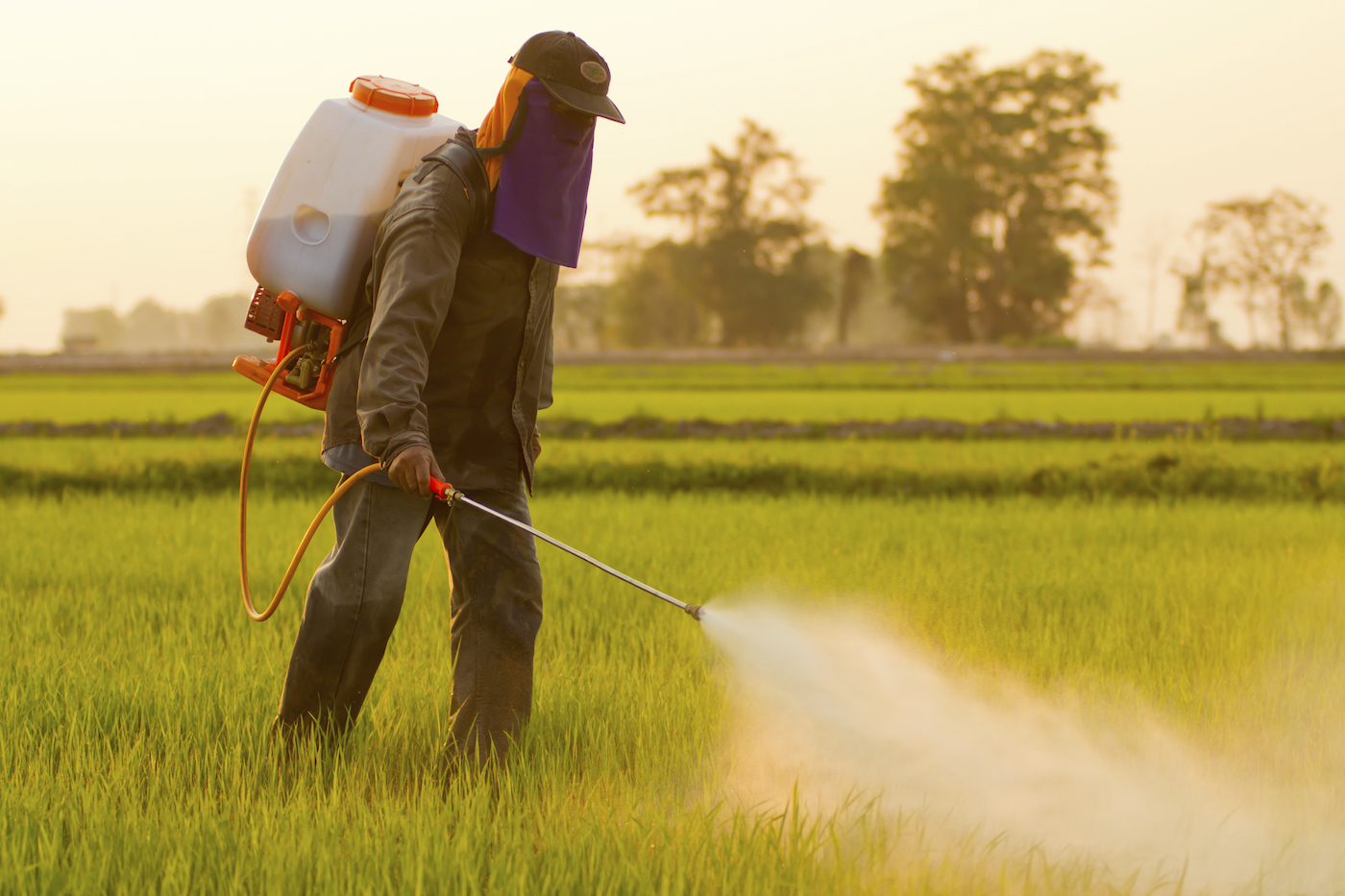A new study that has been released shows that there may be a direct link between heavy exposure to pesticides and a higher risk for stroke.
In this study, a group of men were monitored for three decades. They lived in Hawaii and were of Japanese-American descent. Results showed that those who worked with pesticides had as much as a 45 percent increase in risk for stroke and heart disease.
Indications of Health Risks with Pesticide Use
The study involved over 6000 men in the Kuakini Honolulu Heart Program. Since this study was focused on men of specific ancestry, it may not be applicable to women or other demographics. Pesticides have a long half-life, which allows effects on health to be seen many years later. The greatest impact in this study came 10 years after exposure.
Later, other factors became more prominent, such as aging, which could make it more difficult to determine the impact of pesticides on health after 20 or 30 years. Researchers didn’t find a similar link to people who had low or even moderate exposure to pesticides.
One of the doctors stated that the study showed the importance of managing other risk factors for stroke and heart disease as well as wearing protective equipment when being exposed to pesticides at work. It is also important to document exposure in any medical records.
The study began between 1965 and 1968 with men between the ages of 45 and 68. The researchers have tracked the causes of death for anyone who has passed away and the outcomes of all diseases reported.
Other studies have shown similar results. When women were exposed rather than men, they may respond to a different class of pesticides. Hormones impact the results as well and the development of heart disease and stroke.
Controversy regarding pesticides has been mounting in recent years. While Roundup gets the most attention because it’s the best-known in the US, other pesticides may prove to be as much of a hazard. Roundup has been linked to non-Hodgkin’s disease, a type of lymphoma or cancer. Studies have indicated there may be a link between exposure to Roundup and an increased risk for developing this type of cancer.
The Most Famous Pesticide Controversy
Roundup has been banned in several countries, but it is still in use in the US. It is the leading pesticide in the agricultural industry, but it has also been used in landscaping and by homeowners who spray their own lawns and gardens for weeds.
The study from Hawaii didn’t name a specific pesticide that was studied. However, many pesticides contain the same or similar chemicals because the goal is the same – to kill weeds without harming the plants or grass. On the other hand, it may be the combination of chemicals rather than a single ingredient that causes the hazards. Some chemicals are deemed to be safe for use until they are combined with another ingredient that changes their behavior.
Anyone who uses pesticides should be aware of the risk for health concerns, not just today but in the future.























